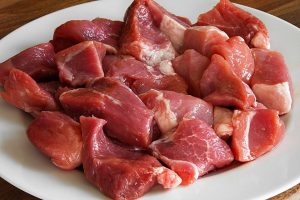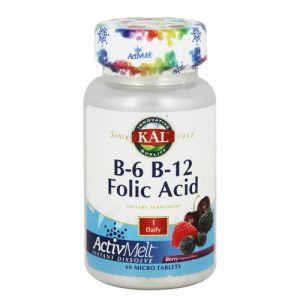Homocysteine is a naturally occurring amino acid generated as a by-product of protein metabolism during methylation process. High levels of homocysteine in the plasma causes potential health problems like high blood pressure, plaque formation, rheumatoid arthritis, as well as hip and bone fractures. Evidence now suggests that people with elevated levels of homocysteine double the risk of developing Alzheimer disease, poor memory, low moods and dementia. Women diagnosed with the condition find it difficult to conceive and have a higher risk of suffering a miscarriage.
Causes of elevated levels of homocysteine
Elevated levels of homocysteine are found in people who eat lots if animal protein and dairy products with little or no consumption of leafy vegetables and fruits. Factors like high coffee and alcohol intake, smoking, prescription drugs like proton pump inhibitors, and diabetes are also likely to cause elevated levels of the amino acid. Cholesterol, Obesity, and hereditary makeup also play a role in causing high levels.
How to reduce high levels of homocysteine
Homocysteine levels are tested via blood tests. The standard plasma homocysteine concentration ranges from 5-15 mol/L. Patients with elevated levels can restore it using appropriate diet and nutrient intake. Essential nutrients that lower levels of homocysteine include vitamins B6 and B12, folic acid, trimethylglycine (TMG) and zinc. Vitamins B6, B12, and folate play critical roles in converting homocysteine to methionine (one of the 20 amino acids that form new proteins). Thus a deficiency in any of the nutrients hinder the conversion process leading to elevated levels of homocysteine.
Food sources of the vitamins include:
Vitamin B6: fish, beans, fortified cereals, poultry, vegetables, dark leafy greens, fruits, cantaloupe, papaya, and oranges.
Vitamin B12: animal products like eggs, fish, poultry and dairy, fortified cereals, rice milk or enriched soy milk.
Folic acid: whole grains, fortified grains, beans, fruits and veggies, breakfast cereals. Doctors advise avoiding foods heavily enriched with folic acid.
Related Products



Leave a Reply